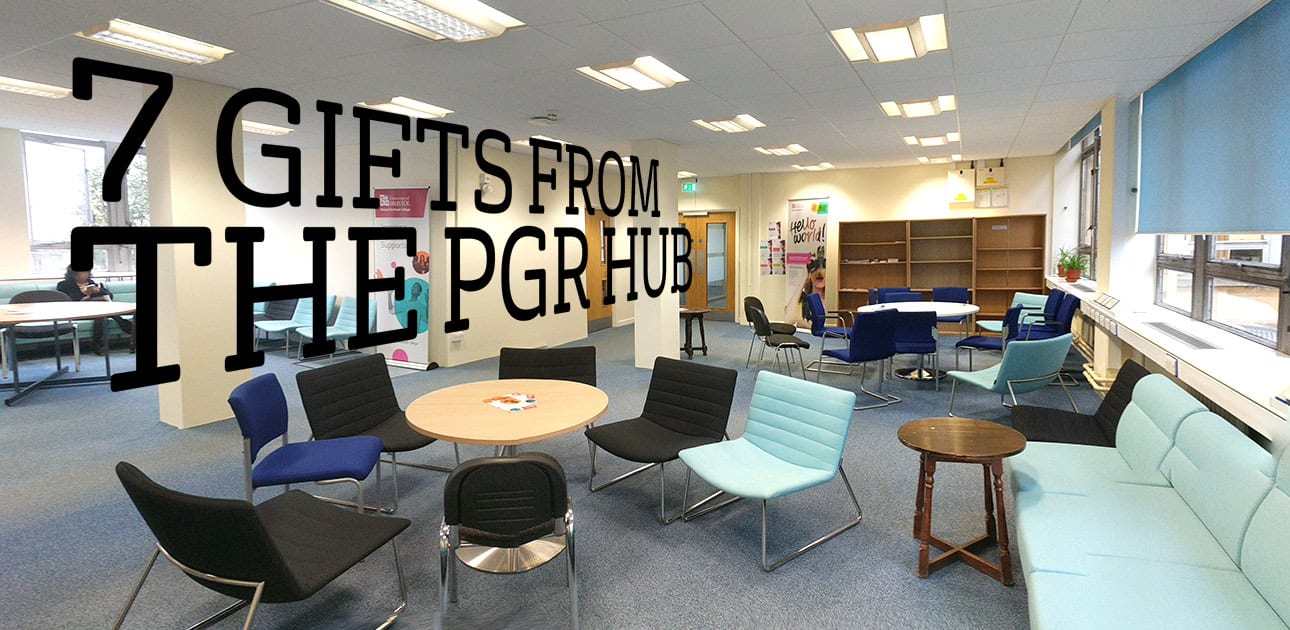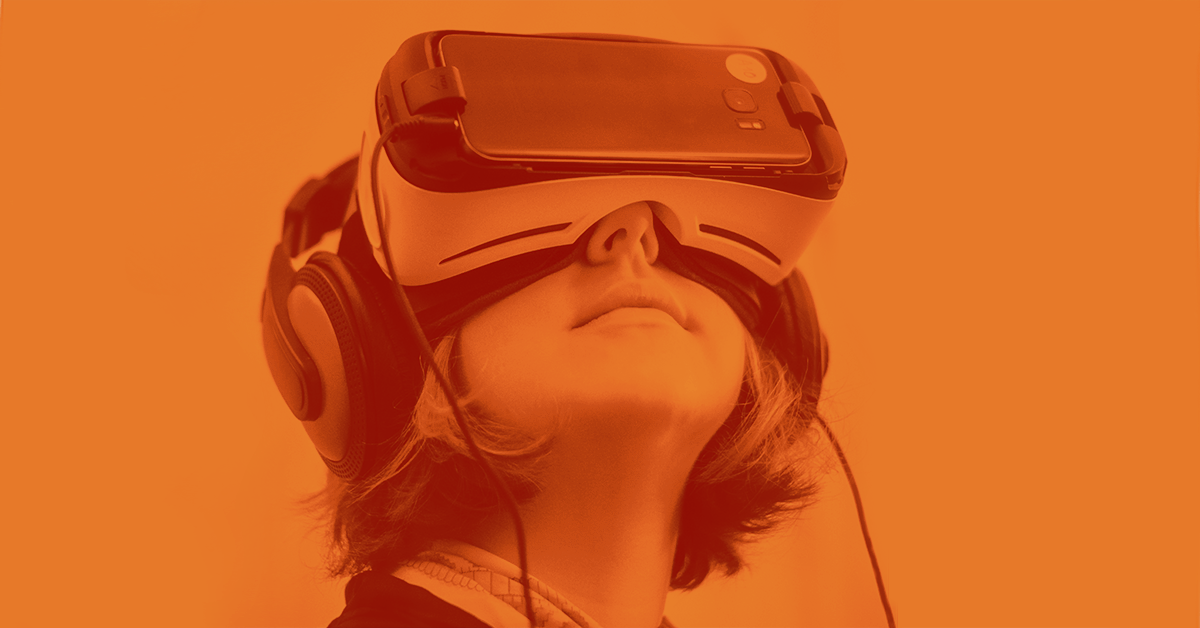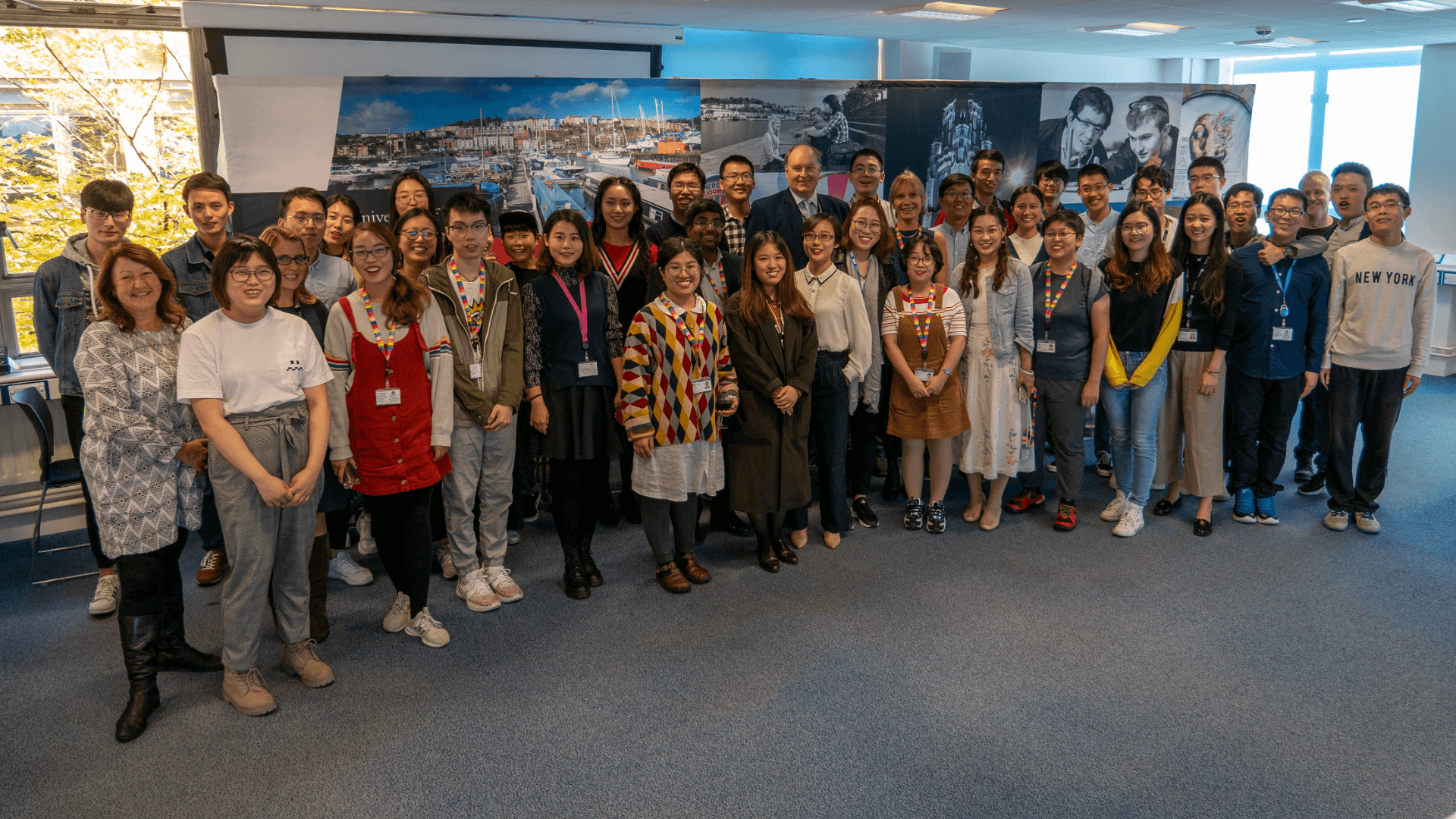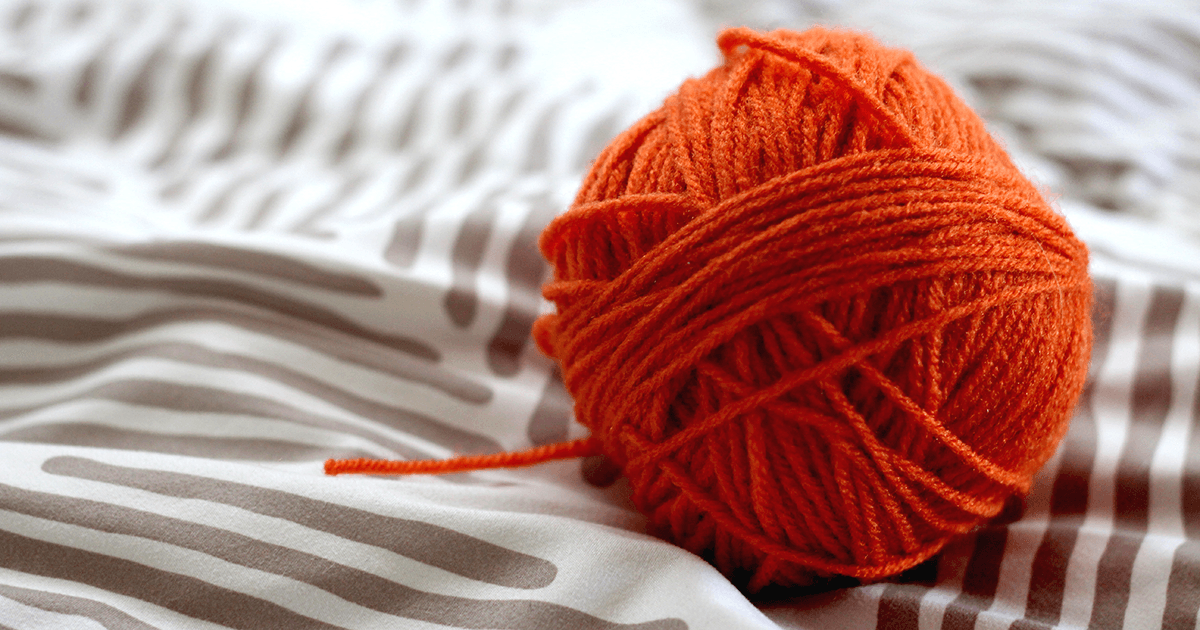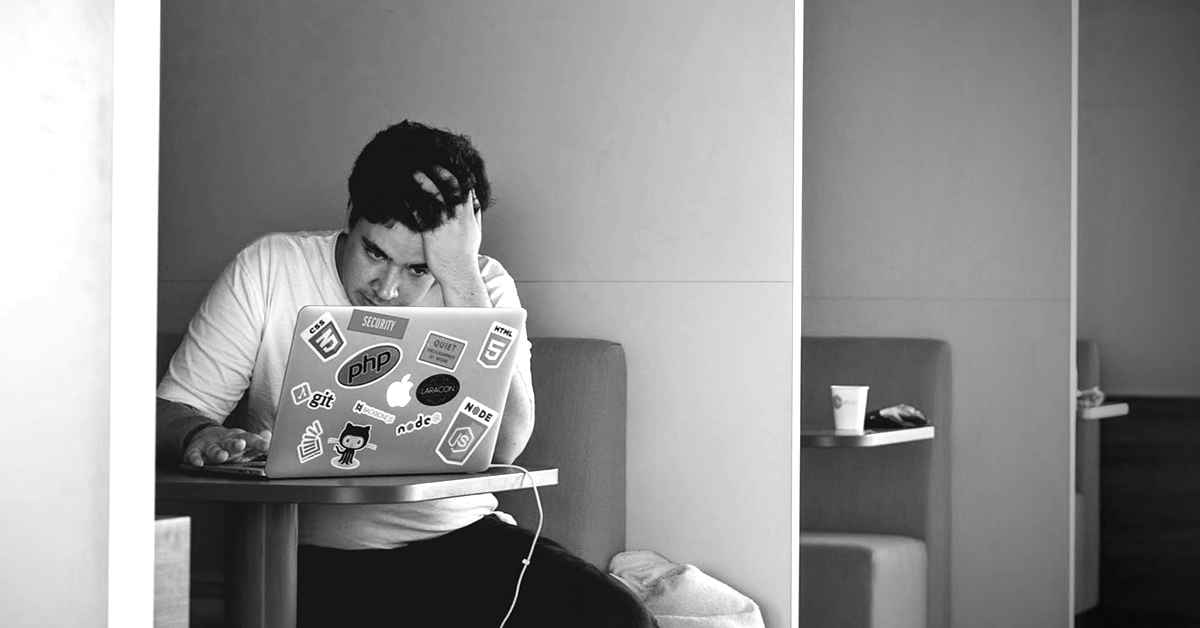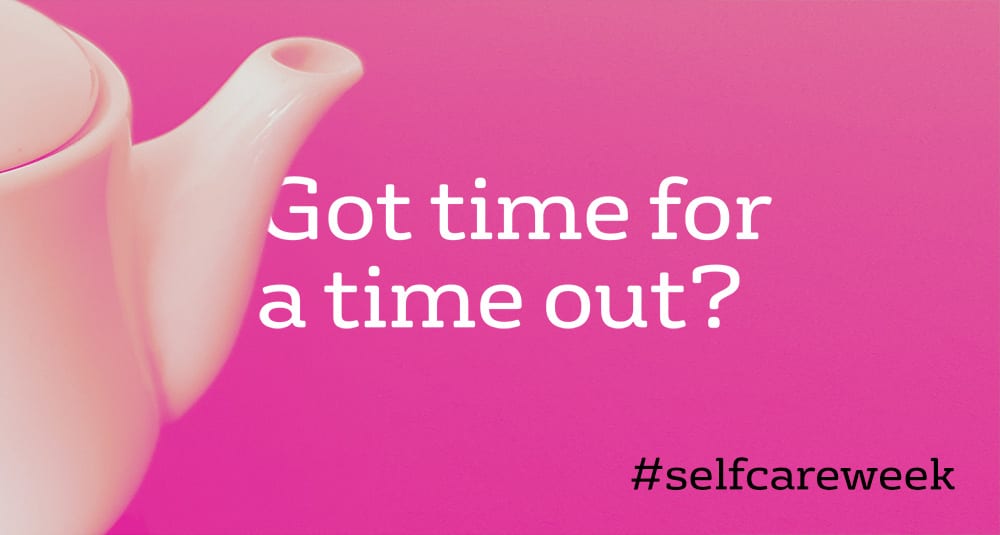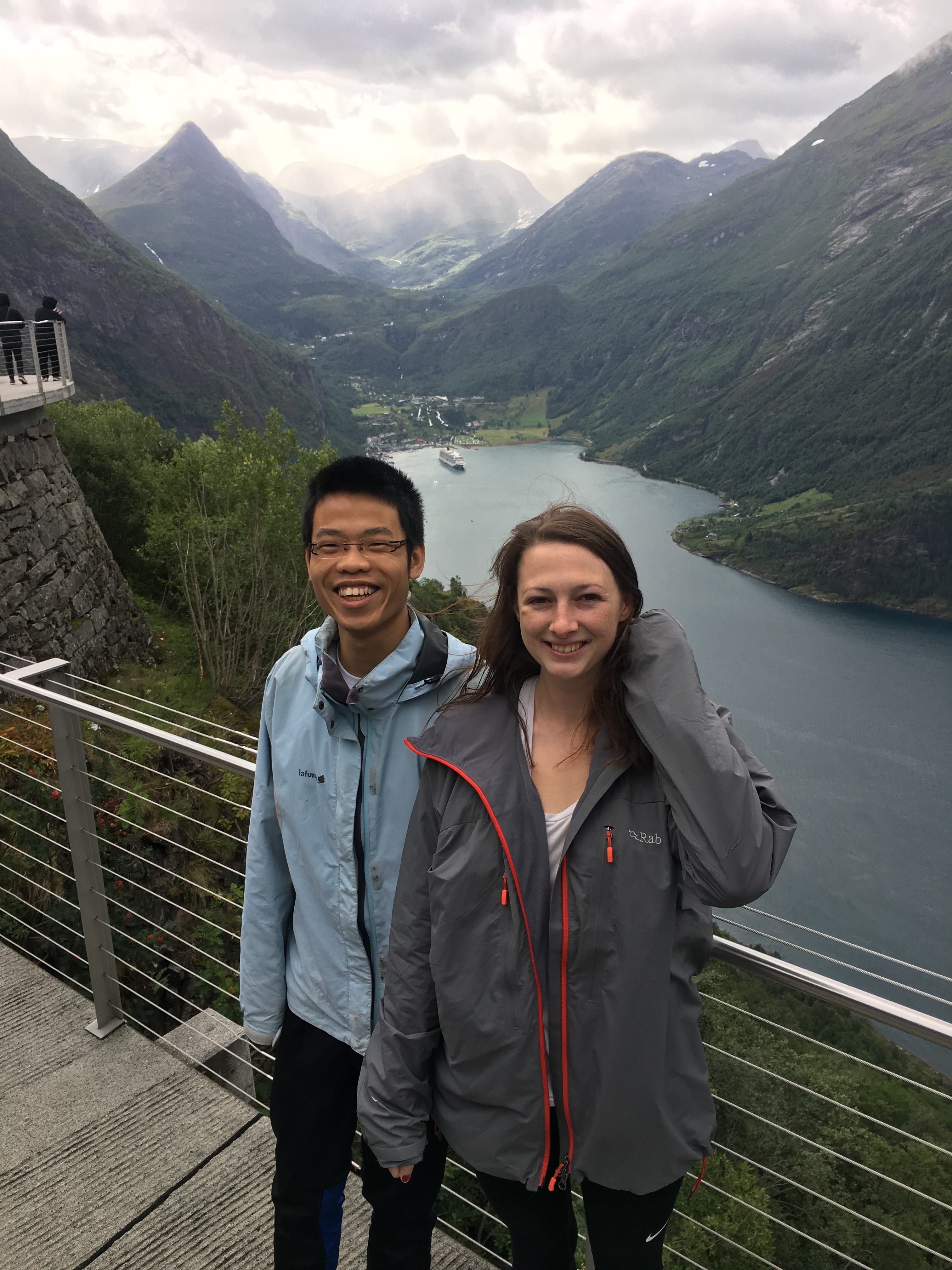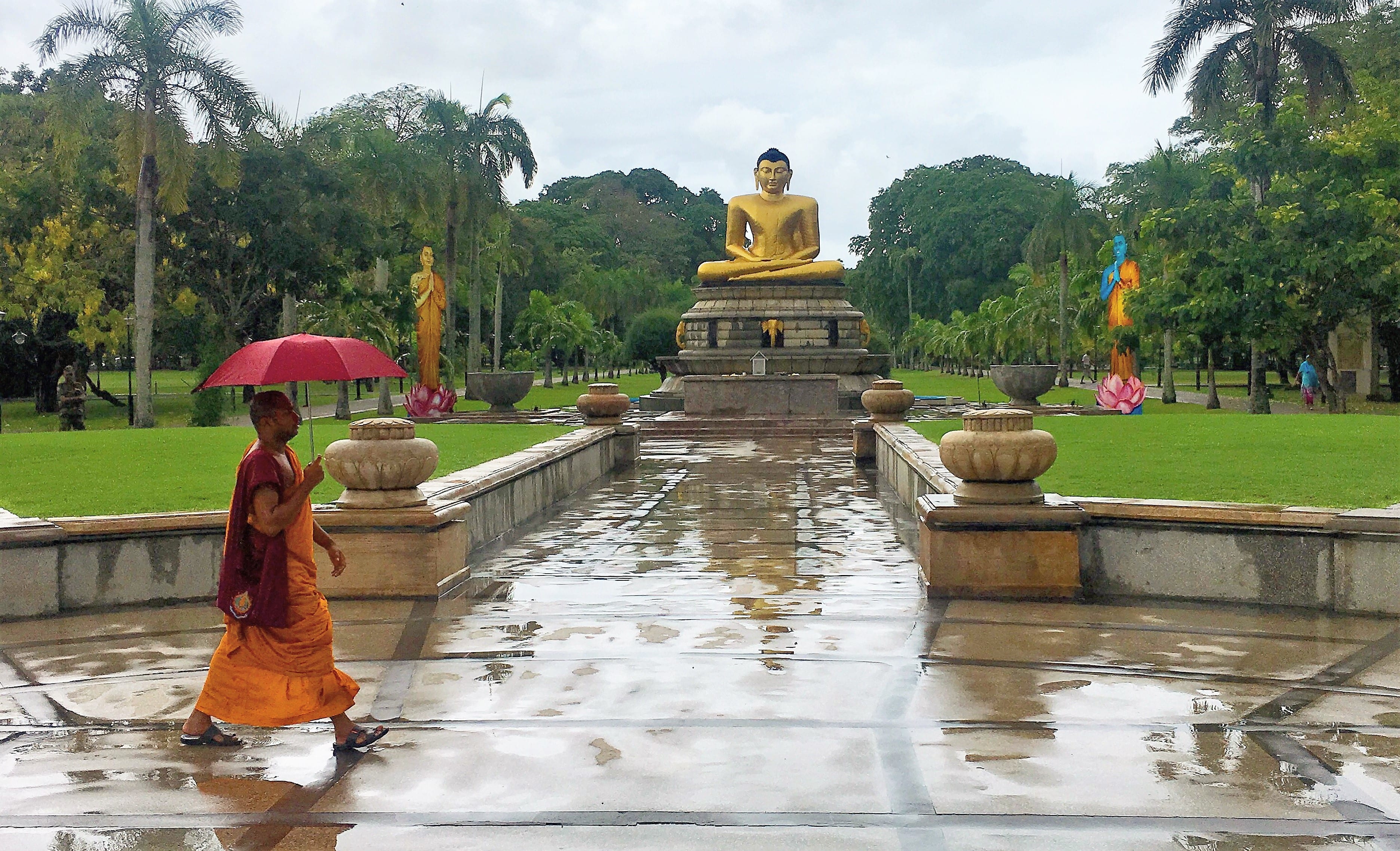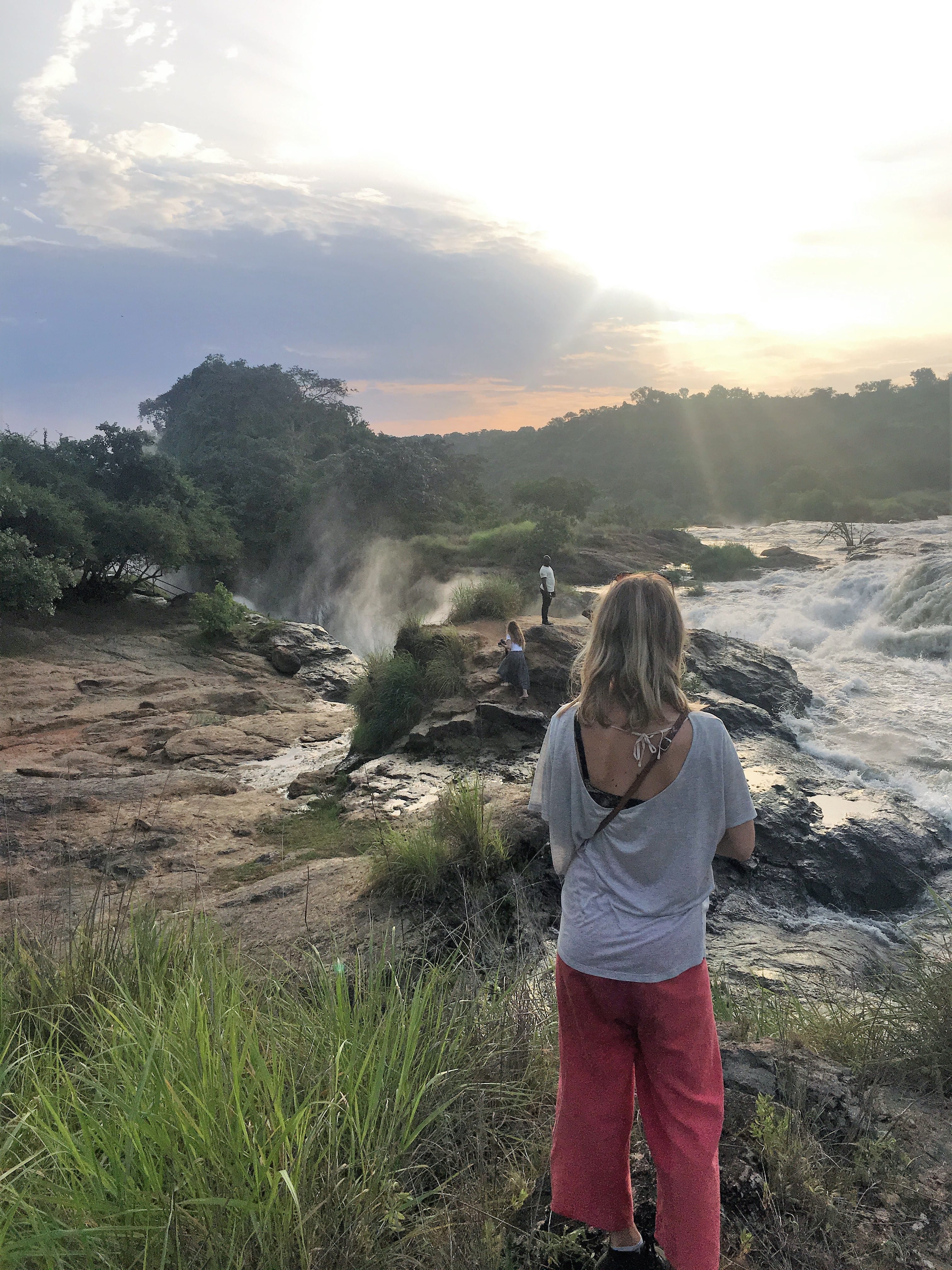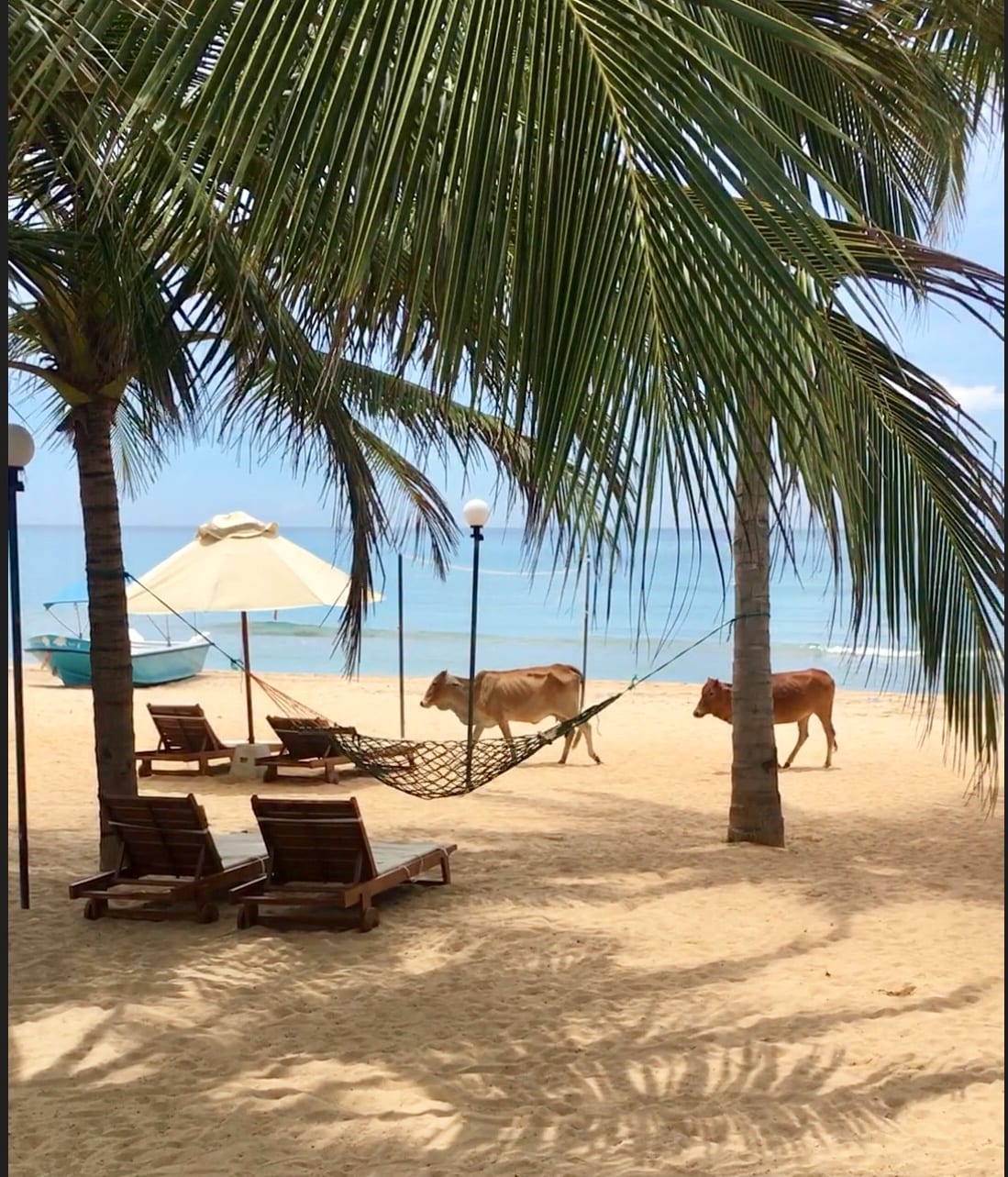
Bec Rengel, the Bristol PGR who picked up the ‘best-communicated exhibit’ prize at the 2018 Research without Borders showcase exhibition, reflects on the festival — and why getting involved was such a positive experience for them.
We’ve all been there. You’re slogging through that research degree (for me it was my MPhil), but it isn’t nearly where you hoped it would be by now. In fact, you’re caught in between being proud of your work, and wanting to bury it in a shallow grave while you flee the country assuming a new identity.
This is how I felt when I applied for Research Without Borders (RwB) in 2018. And here’s 5 reasons why you should too:
1. It helps your research
When designing your stall, you need to think about engaging, creative, and clear ways of conveying your research to members of the public. It prompts you to look at your research in ways that you might not have before, giving you a fresh perspective.
Talking with members of the public, you’re forced to examine every aspect of your arguments, sources, and results. For example, during one in-depth discussion, I ended up having a huge breakthrough and discovering a strong answer to my primary research question. I’m not saying that’ll happen for everyone, but it’s almost inevitable that you’ll come out of RwB with more ideas, clarity, and even new directions for your research.
2. Careers, Careers, Careers
Believe it or not, RwB is a huge event that really packs a punch on your CV. If you’re looking to continue a career in academia, public engagement experience is an absolute must and RwB can help kick-start your career.
If you’re heading outside academia, RwB shows employers that you can manage your own projects, think creatively, and engage audiences. It’s also a fantastic way to improve your communication skills, making interviews that tiny bit less terrifying!
3. Get out of the bubble
Sometimes you can get completely lost in your research, consumed by #gradlife, and forget why you started your degree in the first place! After all, we don’t just do research for ourselves, but to make a contribution to society in our chosen field.
RwB gives you the opportunity to take your research directly to people, finding out what people outside universities think, as well as seeing just how your research can make a real difference in their lives.
4. Get creative
Even if you don’t think you have a creative streak, you’ll be amazed at what you could do! I saw robotics demonstrations, magic, a full pub set-up, screen printing, interactive maps, guessing games. It doesn’t even have to be something particularly elaborate. Sometimes the simplest thing like an artwork display or a prompt for attendees to write their fondest memory of Bristol were enough to draw people in.
5. Networking
RwB doesn’t just showcase your work to the general public. You’ll also be able to meet industry professionals from a huge range of sectors. And don’t despair my fellow Arts and Humanities researchers, RwB isn’t just for science, technology, or business! I met professionals working in heritage, education, civil service, journalism, research, law, you name it! It was fantastic to see what people with degrees like mine went on to accomplish.
You’ll also get the chance to meet amazing fellow PGRs, researching everything from bees to Beauty and the Beast. Research degrees can be pretty isolating — particularly when, like me, you’re working alone with mountains of books every day. RwB is the perfect opportunity to make new friends and leave your self-imposed solitude in the library or lab.
You won’t regret it and you’ll leave with a stronger research project, vital skills, new friends, and great memories. Go ahead and apply!
Want to give it a try yourself? It’s not too late! Just complete the Research without Borders application form before 11am on Thursday 28 February 2019.


